Heather has mastered the art of reinvention, bending with the winds of the web, as news sites have variously chased SEO, blogging, Facebook traffic, and the rest. She settled on an approach that has worked for her: doubling down on what she likes. That attitude ultimately took her into advice giving, where she has carved out an immense reputation as one of America’s preeminent practitioners of the form, primarily through Ask Polly, for years a mainstay of New York Magazine’s The Cut. Polly got her start, though, at The Awl, the fan-favorite blog co-founded by Choire Sicha that was home to many of the best and most obsessive online writers of the 2010s, before social media had completely corrupted the landscape for essayists and delightful internet weirdos.
While writing Polly for The Cut, Heather saw social media grow in reach and then start to infect the minds of fellow writers who toiled under its constricting influence. “It’s almost like an issue of when the auditorium becomes too big and filled with voices,” she says, “you start to feel self-conscious about making sounds when everyone is in the room.”
Those pressures came to bear on Heather with exaggerated force after the New York Times published an excerpt of her latest book, Foreverland, an irreverent marriage memoir that comes out in paperback this Valentine’s Day. The excerpt carried the subheading “Do I hate my husband? Oh for sure, yes, definitely.” It was enough to create a meme, and Heather spent the next few days being knocked around Twitter for being a husband-hating harlot (or worse, depending on the tweets).
What was that experience like for someone who has been writing online for 27 years? Well, it turns out, not easy at all—even for an advice columnist who always manages to find the right words for those who are brushed by misfortune. However, in the pain, she has managed to find a balm for herself in a book idea that emerged from her essay writing on Substack.
“One thing that kept me feeling good,” Heather says, “was this idea that life could be deeply romantic even when everything felt terrible.” Her new obsession with finding the romantic in the mundane is proving to be more than just a coping mechanism—it’s a way of looking at life. “Discovering new ways of being happy in spite of a lot of things that are aggravating you is—it’s the most romantic thing of all.”
Quotes from the conversation
On working at satirical website Suck.com
It was great to be in that pocket where you were just surrounded by people who had a lot of creative energy, essentially, and a lot of ideas—smart, weird young people everywhere.
On the earliest days of the internet
The internet was a wasteland. Coca-Cola had a website that had something dancing on it and that was empty. There was a lot of empty content, free. It was like a ghost land.
On the hardest part of being a writer
You might have a lot of freedom in the beginning, and then some market force takes over because you’re a writer and what you’re selling is theoretically, or whatever, becoming cheaper and cheaper.
On becoming an advice columnist
Advice for me was that it wasn’t so much that I thought I have the best advice to give everyone alive. It was more just, here is a structure that I can easily fill. If someone writes me a letter, I can easily answer it. Will I give the best advice in the world? Not necessarily, but it’ll lead to interesting ideas and insights and an examination of human problems. It’ll be fun and maybe I’ll learn something, maybe the reader will learn something.
On starting the “Dear Tiny Little Penis” advice column
It was very hostile, a hostile anti-man advice column. It was just like, you’re all idiots and I hate you, but it was just condescending, but cheerful.
On the origin of Ask Polly
I sort of had done a jokey version of advice, and then when The Awl caught my eye, I was like, I got to write something for The Awl. This is the best site online. I pitched them an advice column and they said yes.
On the allure of The Awl
Everything that you’d read on that site for a long time was just funny, smart, and strange, and just the kind of thing that you could not find anywhere else.
On being misrepresented online
In some ways it was just disheartening because, you know, make something that’s pretty complicated, and people decide that they understand what you’ve made without actually reading it.
On receiving criticism on the internet
You’ve been writing for 27 years and you’ve written all kinds of different things, and the people who know your work know your sense of humor and they get it, and they’re just, what? What’s happening to you? Why are you being misunderstood? It’s kind of hard to recover from in the long term. I felt like the world’s never going to accept the complexity of an intense, extremely intense, emotional woman who is honest.
On recovering
I write all kinds of stuff. I’m a complicated person and I’m going to continue to write complicated things. And if the world is going to continue to be a place where you write nuanced things and people reduce it to one word, and that’s never going to change—probably it will only get worse with the internet the way it is—that’s just a reality of being alive right now.
On becoming self-conscious
When it happens to you, it’s easy to get snagged on it because you still have to go to the blank page and say, this is who I am. I mean, I write stuff that’s honest. I don’t like to write things that feel insincere. I cannot stand to make myself seem better than I am. I hate that. Luckily, my husband doesn’t mind me not making him seem better. He thinks that I actually make him seem better than he is.
On Ask Polly
A lot of my writing since I wrote for The Awl has been daring to be a full person on the page. In other words, to be earnest sometimes and also be cynical and also be effusive and also be bitter, out in the open.
On Polly’s evil twin, Molly
My main gig was this very earnest, soft thing, and I really had a whole side of my personality that wasn’t really allowed to come out and play. And Molly gave that person, that side of me, a lot of room to mess around, fuck shit up.
On writing online
I think the danger of spending too much time on social media is that you take on so many dyspeptic, negative, annoyed, chaffed, outraged things, and it adds up. The moral universe of social media is extremely stringent and strange and unforgiving, and so it’s pretty hard to just be a regular flawed person up against that kind of backdrop.
On the “freedom” of social media
It’s almost like an issue of when the auditorium becomes too big and filled with voices, you start to feel self-conscious about making sounds when everyone is in the room.
On platforms
Obviously, there are ways that our socializing and our way of interacting with each other has to evolve past the echo chamber of Twitter and the just dead, dull closets of Facebook and the beautifully shot, overpacked, unaffordable closets of Instagram.
On apps
It surprises me that there aren’t just more social media startups that, actually, people take hold of and are beautifully designed. I mean, just the fact that they’re so ugly, first of all. That so many of them are so ugly is such a bummer, but also, why aren’t we trying new things all the time?
On the endurance of Ask Polly
The most interesting thing about the process of having written this advice column for 10 years is that the answers become more and more simple over time.
On giving advice today
It’s so easy to feel, like, invisible and small in a life today, and it’s so important to remind people that they already have a whole world of sensation and joy inside them that they just have to access by allowing reality to be what it is.
On writing books
The fact of the matter is that if you have newsletters and you’ve written online for a long time, books just feel almost ridiculous. The timeline of them, the way you sell them, the way you slowly plot along strategizing about how to promote them. It just all feels like traveling back a hundred years in time.
On workshopping her next book via Substack
I use Molly as a way of figuring out what I want to write. I’m kind of trying to workshop my next book through Molly, and it’s going well.
On being a writer
I write because I’m compelled to share what life feels like for me. And when I can pull that off, when I can really express how bewildering and amazing life can be in one big document, that’s thrilling.
On getting hung up
When you start taking yourself too seriously, you’re in danger of writing some of the world’s worst prose.
On a calling to be honest
My calling in life is not to seem like a great person. My calling is to make the way life feels for me, make up accurate representations of that, and in ways that people can understand and touch and relate to in ways that are soothing to them.
Heather’s recommended reads:
Show notes
Heather’s books: Disaster Preparedness (2011), How to Be a Person in the World (2017), What If This Were Enough? (2019), Foreverland (out in paperback on Feb. 14)
Excerpt of Foreverland in the New York Times, and the New York Post response
[02:17]: Working at Suck.com
[08:31] Changing San Francisco
[09:13] The “jackassery” of boomer optimism
[10:58] Smart, weird, fun people everywhere
[12:57] The shape-shifting nature of being an online writer
[16:12] Becoming an advice writer
[18:43] The awe of the Awl
[24:58] The freedom, and danger, of social media
[30:00] Ask Molly, Polly’s evil twin
[31:57] Publishing books
[36:59] Being misinterpreted in mainstream media
[40:55] Reacting to being attacked online
[46:44] Workshopping her next book
[50:31] Writing an advice column for 10 years
[52:53] Recommended writers on Substack
The Active Voice is a podcast hosted by Hamish McKenzie, featuring weekly conversations with writers about how the internet is affecting the way they live and write. It is produced by Hanne Winarsky, with audio engineering by Seven Morris, content production by Hannah Ray, and production support from Bailey Richardson. All artwork is by Joro Chen, and music is by Phelps & Munro.
Postscript



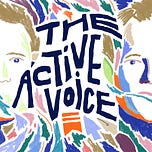







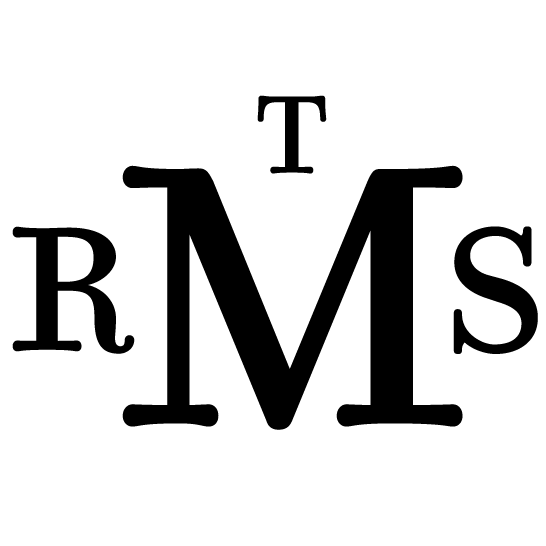
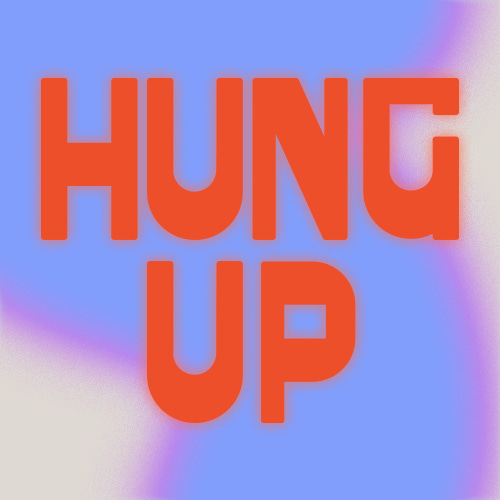


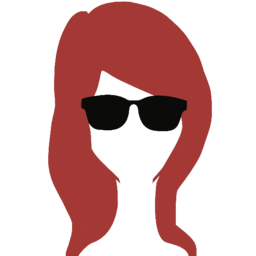
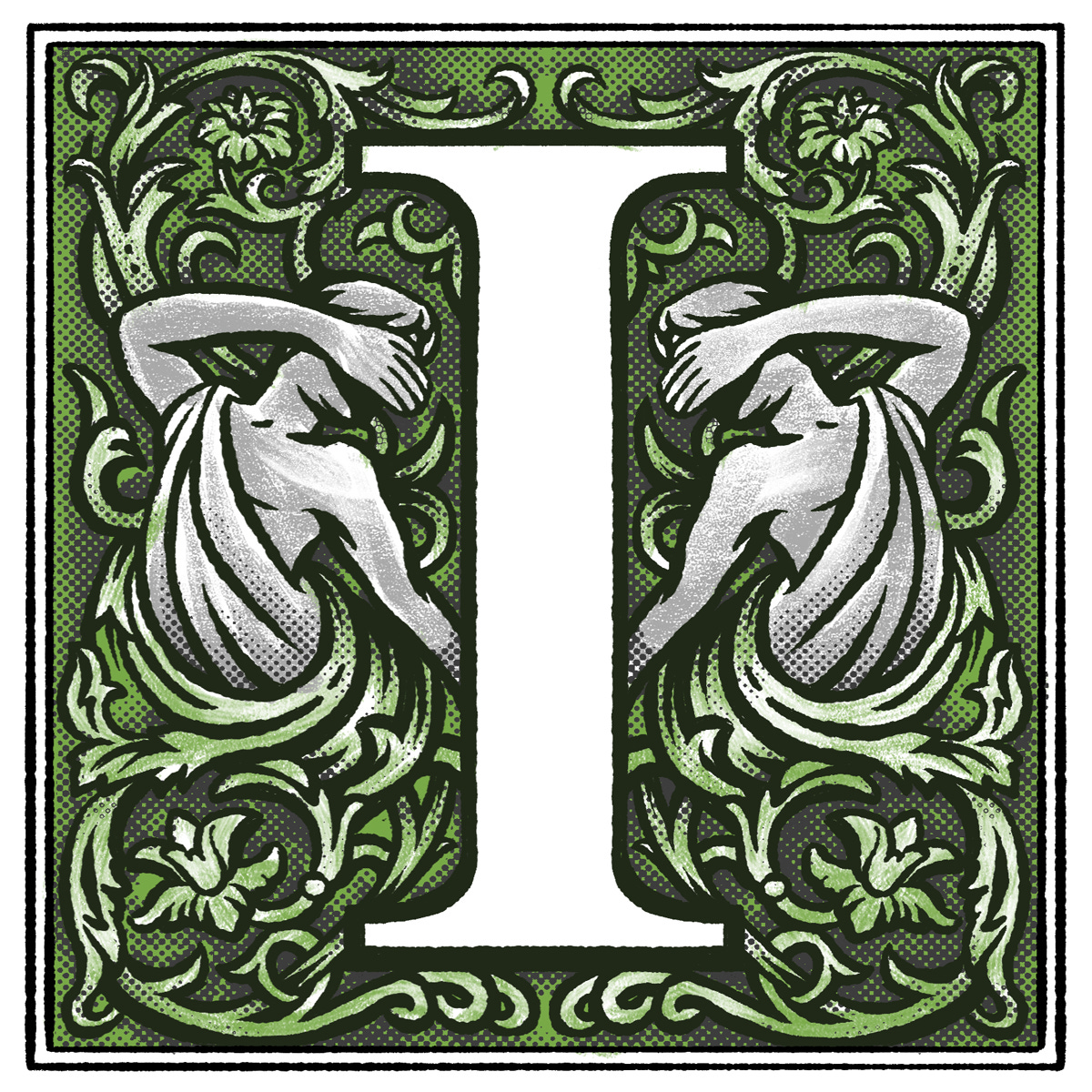











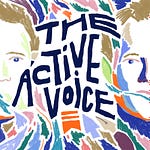
Share this post